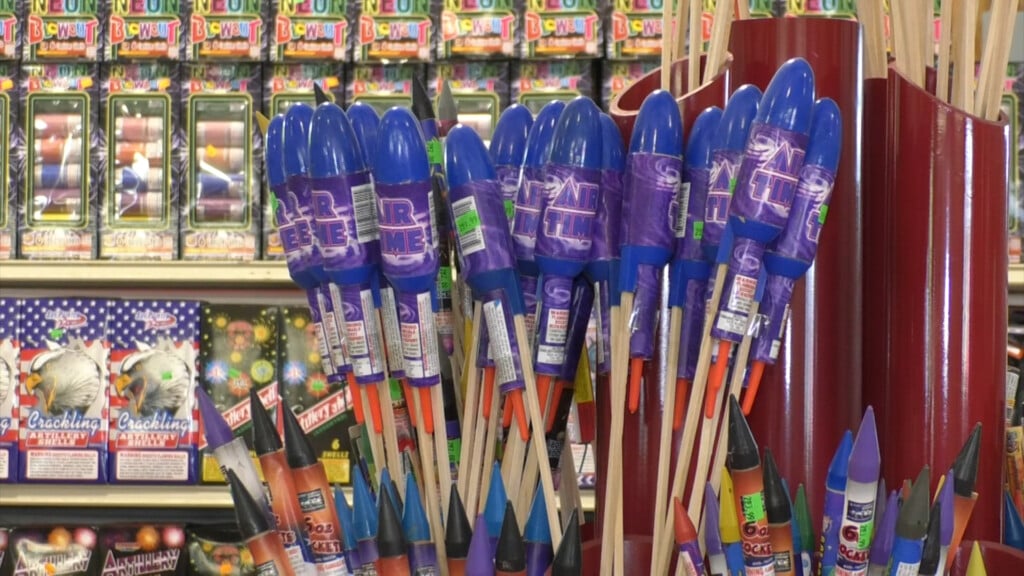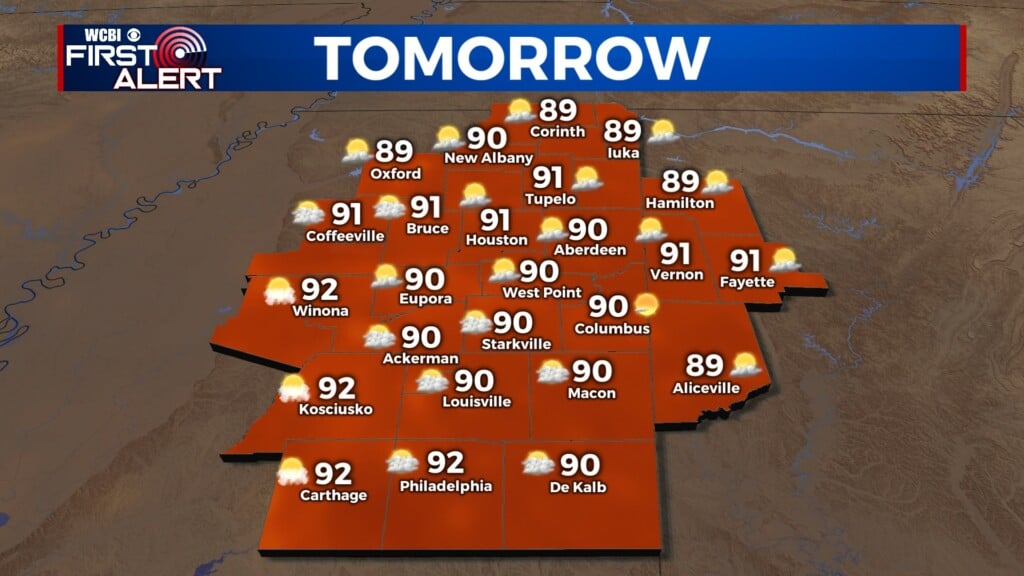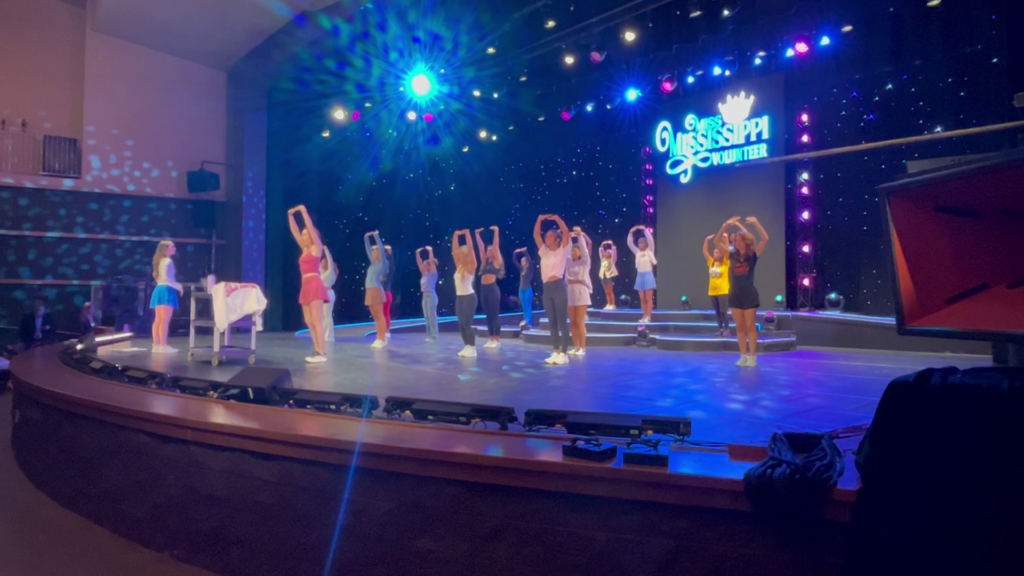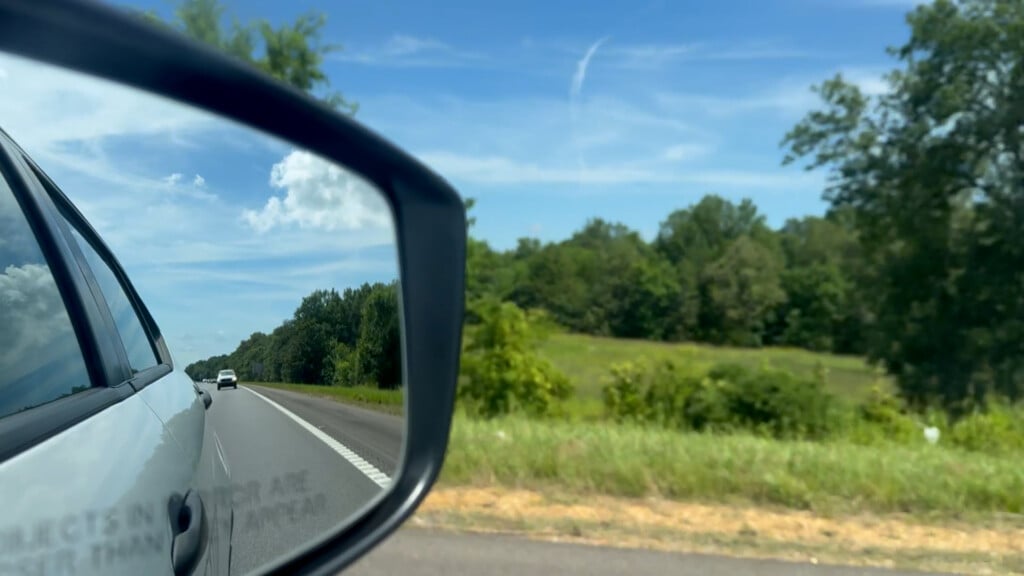Future police officers learn about crime scene processing
Cadets are taught importance of securing and preserving crime scenes
TUPELO, MISS. (WCBI) – Future police officers are learning how to secure and process a crime scene. It is one of the many topics cadets at the North Mississippi Law Enforcement Training Center are studying during their twelve week training.
For this class, Officer Rachel Carver, a training officer with the Oxford Police Department, has set up a mock crime scene. Cadets are responding to the call and they must work together to secure the area.
“In the class, I teach them how to start processing the scene, as first responding officers, on scene. They will be the first ones to come in contact with the scene, it’s important we preserve the scene, how to set up boundaries, how to protect it,” Officer Carver said.
They do that by marking off the area, with the yellow crime scene tape. Often, it’s a large area that is secured.
“We want to freeze the scene, be able to block everything out and protect it so we get a clear, accurate picture of what happened,” Carver said.
Once the scene is secured, cadets search inside the tape, using different search patterns. They place flags near each potential piece of evidence, shell casings, a gun, and even a receipt from a store.
Everything cadets are taught at the Basic Academy is important, but crime scene processing is crucial. If evidence is missed, is collected improperly, or the crime scene gets contaminated, the entire case could be thrown out.
“It’s extremely important to have that integrity regards to evidence and to maintain and preserve crime scenes,” Officer Carver said.
Classroom time also focuses on the importance of sketching a crime scene.
Cadets in Class B 70 say it’s a lot to take in, and it’s nothing like popular TV police dramas.
“We have to make sure we stay on the outside boundaries, of what’s going on inside boundaries. Make sure we don’t let others cross contaminate, we can take our time, process everything, get all facts we need to get as much information as possible,” said Cadet Lakayla Poindexter, of the Southaven Police Department.
“It’s a very long, lengthy process, prior to this I would think it would take ten to fifteen minutes, but it can take days to process a crime scene, there’s a lot more to it,” said Cadet Noah Payne, of the Tupelo Police Department.
Cadets in Class B 70 are now past the halfway point in their training.
Class B 70 will graduate July First.




